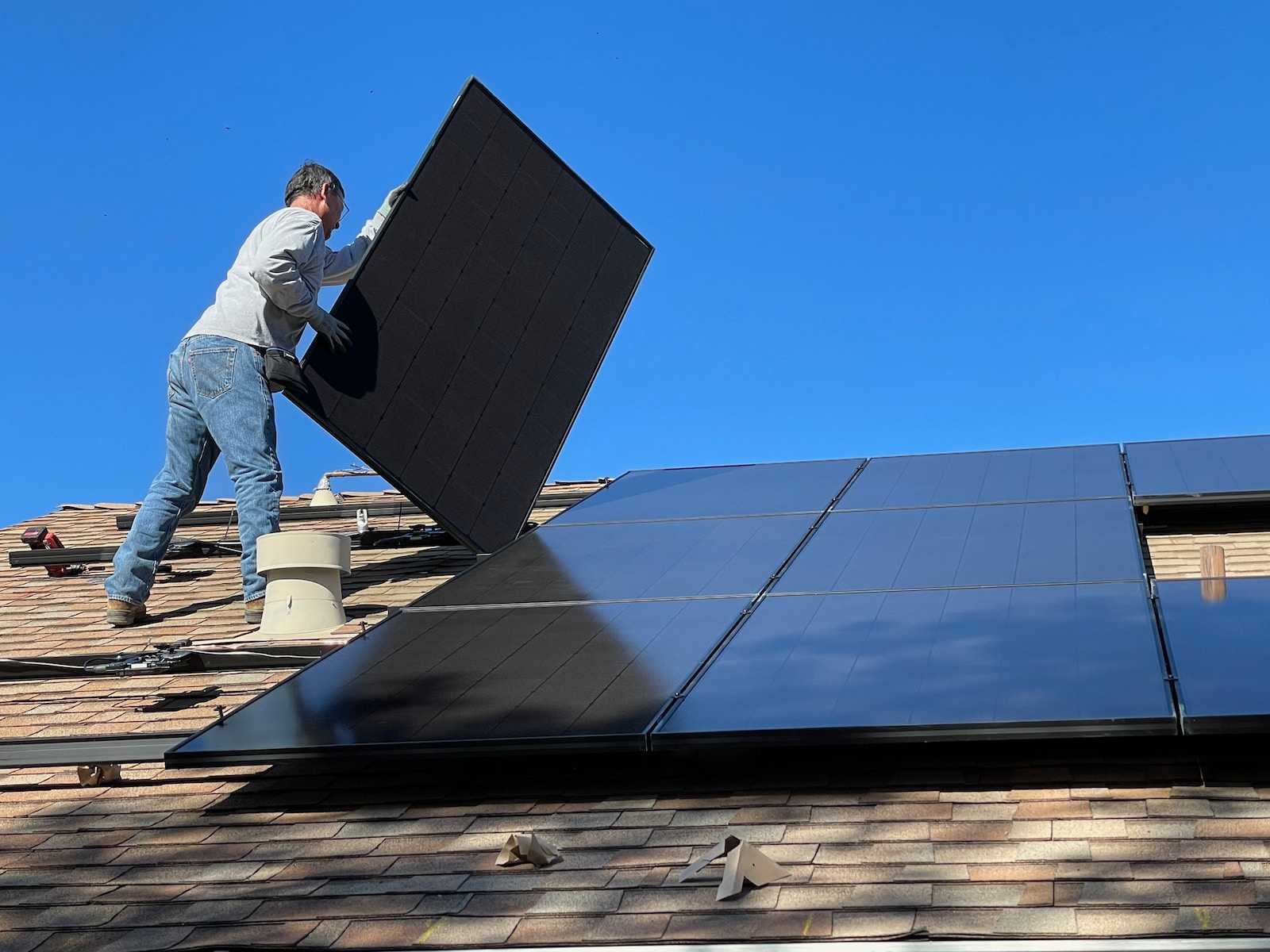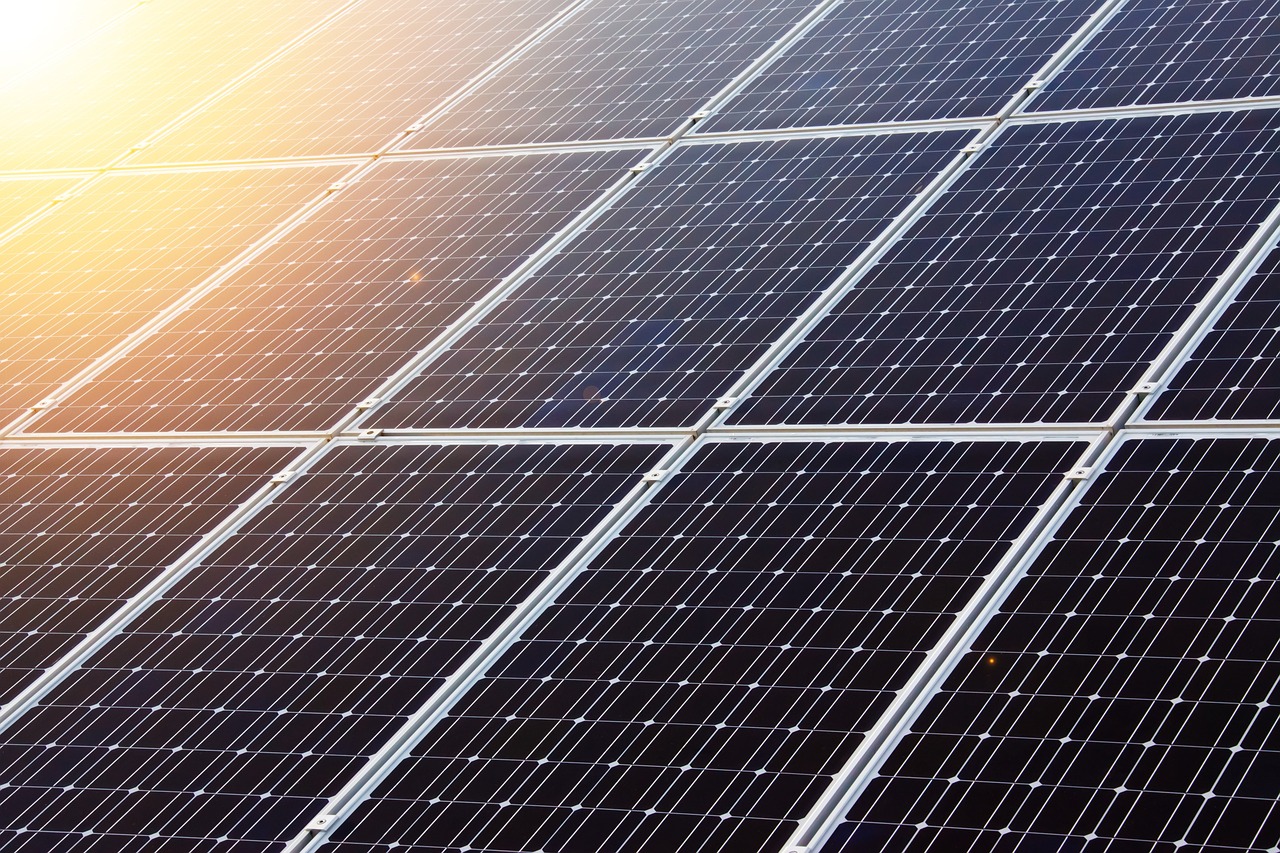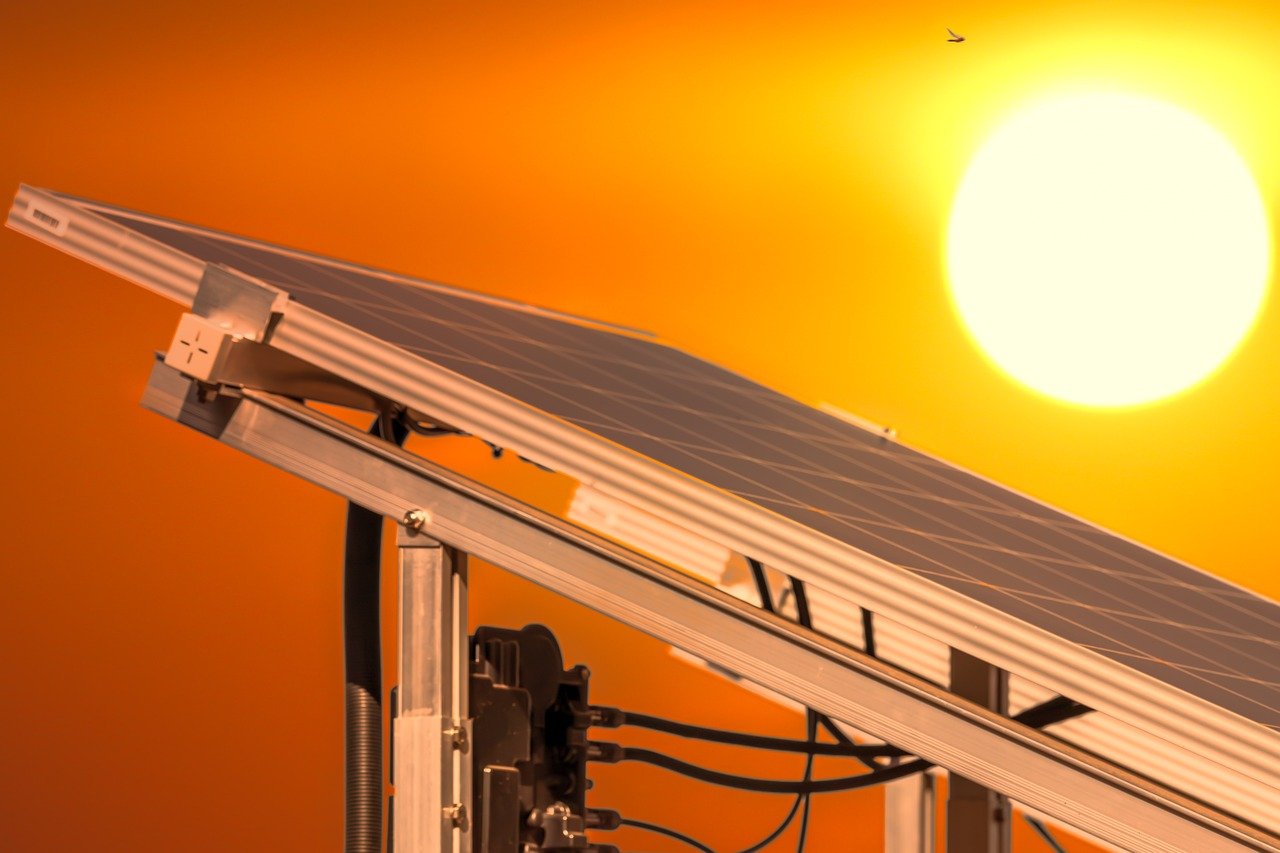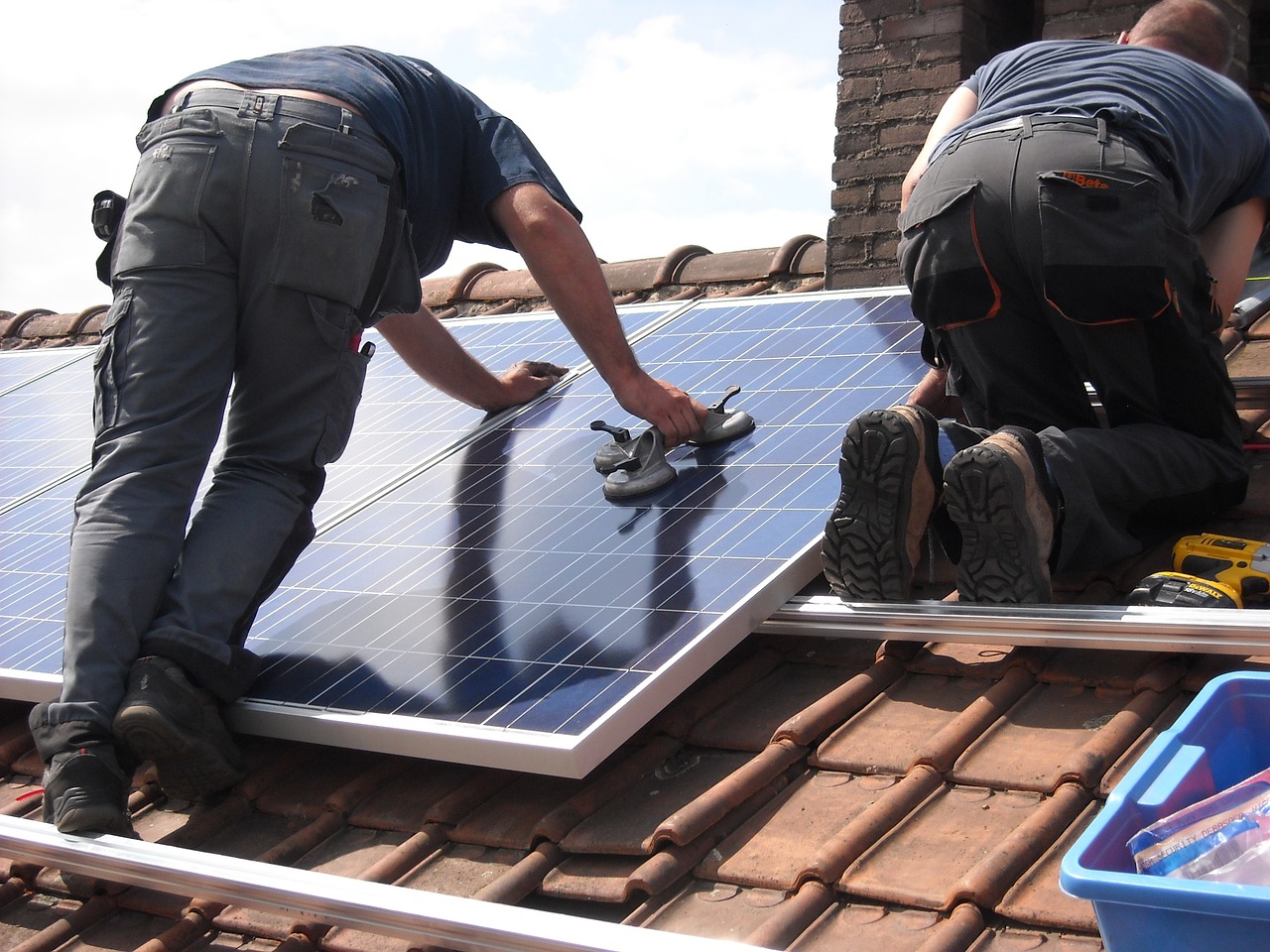Key Takeaway: Installing solar panels on a 2500 square foot home can provide numerous benefits, including reduced electricity bills and environmental sustainability. The cost of solar panels varies depending on factors such as panel type, installation complexity, location, and available incentives. Average cost estimates range from $15,000 to $35,000, but financing options and potential long-term savings make solar panel installation a worthwhile investment.
Are you considering installing solar panels on your 2500 square foot home? Solar energy has become an increasingly popular choice for homeowners looking to reduce their carbon footprint and save on electricity bills. In this article, we will explore the cost of solar panels for a 2500 square foot home, the factors that influence the cost, financing options, the return on investment, and tips for finding reputable installers.
Understanding Solar Panels
Before diving into the costs, let’s start with a brief introduction to solar panels. Solar panels, also known as photovoltaic (PV) panels, are devices that convert sunlight into electricity. They are made up of solar cells that capture the sun’s energy and convert it into usable electricity for your home. This renewable energy source is clean, sustainable, and can significantly reduce your reliance on traditional power sources.
Benefits of Solar Panels
Installing solar panels on your 2500 square foot home can bring several benefits. Firstly, solar panels can help you save money on your electricity bills. By generating your own electricity, you can reduce or even eliminate your monthly electricity costs. Secondly, solar energy is environmentally friendly, as it produces no greenhouse gas emissions and helps combat climate change. Thirdly, many regions offer tax incentives, grants, or rebates to homeowners who install solar panels, further reducing the overall cost.
Factors Affecting the Cost
The cost of solar panels for a 2500 square foot home can vary depending on several factors. Here are some of the key factors that can influence the overall cost:
- Type and Quality of Panels: The cost of solar panels can vary depending on the type and quality you choose. Monocrystalline panels are typically more expensive but offer higher efficiency, while polycrystalline panels are more affordable but slightly less efficient.
- Installation Complexity: The complexity of the installation can impact the cost. Factors such as the roof’s condition, angle, and shading can affect the installation process and increase costs.
- Location: The location of your home plays a role in determining the cost of solar panels. Regional variations in labor costs, permitting requirements, and available incentives can all impact the overall price.
- Available Incentives: Local, state, and federal incentives can significantly reduce the upfront cost of installing solar panels. These incentives can include tax credits, grants, or rebates, making solar panel installation more affordable.
Average Cost Estimates
While the cost of solar panels for a 2500 square foot home can vary, let’s look at some average cost estimates to give you a general idea. Keep in mind that these estimates are based on current market prices and may vary depending on your specific circumstances:
- Purchase: If you choose to purchase solar panels outright, the average cost can range from $15,000 to $35,000. This cost includes the panels, installation, and any necessary equipment.
- Lease: Leasing solar panels can be an option if you don’t want to make a large upfront investment. With a solar lease, you pay a fixed monthly amount for using the solar energy generated by the panels. Costs can vary depending on the terms of the lease, but typically range from $50 to $250 per month.
- Power Purchase Agreements (PPAs): PPAs involve a third-party company installing and maintaining the solar panels on your property. In return, you agree to purchase the electricity generated by the panels at a predetermined rate. PPAs can offer lower upfront costs, with rates typically ranging from $0.08 to $0.15 per kilowatt-hour.
Return on Investment
While the initial cost of installing solar panels may seem significant, it’s essential to consider the long-term savings and return on investment. Solar panels have a lifespan of 25 to 30 years, during which you can save thousands of dollars on electricity bills. Depending on your location and energy usage, you can typically recoup your investment within 5 to 10 years.
Additionally, as electricity prices continue to rise, your savings from solar panels will also increase. This means that over the lifespan of the panels, you could potentially save tens of thousands of dollars. Not only will you save money, but you’ll also be contributing to a more sustainable future.
Financing Options
If the upfront cost of purchasing solar panels is a barrier, there are various financing options available to make it more affordable:
- Solar Loans: Many financial institutions offer specialized solar loans that allow you to finance the purchase of solar panels over time. These loans typically have competitive interest rates and flexible repayment terms.
- Home Equity Loans or Lines of Credit: If you have equity in your home, you may be able to use a home equity loan or line of credit to finance your solar panel installation. These options often offer lower interest rates and longer repayment periods.
- Power Purchase Agreements (PPAs): As mentioned earlier, PPAs can be a financing option where a third-party company owns and maintains the solar panels. You simply agree to purchase the electricity generated by the panels at a predetermined rate.
- Leasing: Leasing solar panels allows you to avoid the upfront costs of installation. However, it’s important to carefully review the terms and ensure that leasing is the best option for your specific circumstances.
Maintenance and Warranties
Solar panels require minimal maintenance, which helps keep long-term costs low. Regular cleaning to remove dust and debris, as well as occasional inspections, are typically all that’s needed. Most solar panels come with warranties ranging from 20 to 25 years, ensuring that you’re protected against any defects or performance issues.
While maintenance costs are generally minimal, it’s important to factor in any additional costs associated with cleaning or repairs when considering the overall investment.
Finding Reputable Installers
When it comes to installing solar panels, it’s crucial to find reputable and experienced installers. Here are some tips to help you find the right professionals for the job:
- Research: Take the time to research local solar installers. Look for companies with positive reviews, certifications, and experience in the industry.
- Multiple Quotes: Obtain multiple quotes from different installers to compare costs, warranties, and services offered. This will help you make an informed decision.
- Ask for References: Request references from past customers to get a better understanding of their experience with the installer.
- Check Credentials: Ensure that the installer is licensed, bonded, and insured. This protects you from any liability or damage during the installation process.
- Warranty and Maintenance: Inquire about the warranties offered by the installer and any maintenance services they provide.
By following these steps, you can find reputable installers who will ensure a successful and cost-effective solar panel installation.
Conclusion
Installing solar panels on your 2500 square foot home is a smart investment that can lead to significant long-term savings and environmental benefits. While the upfront cost can vary depending on various factors, average estimates range from $15,000 to $35,000. Financing options, such as solar loans and PPAs, can make solar panel installation more accessible for homeowners. Remember to consider the return on investment, maintenance requirements, and warranties when making your decision. Take the time to find reputable installers who will ensure a successful and hassle-free installation. With the right planning and investment, you can enjoy the benefits of solar energy for years to come.
FAQ:
Q: Will installing solar panels increase the value of my home?
A: Yes, installing solar panels can increase the value of your home. Studies have shown that homes with solar panels sell for a higher price and tend to sell faster than homes without solar.
Q: How long do solar panels typically last?
A: Solar panels have a lifespan of 25 to 30 years. However, they can continue to generate electricity beyond that period, albeit at a slightly reduced efficiency.
Q: Can I install solar panels myself to save costs?
A: While it is possible to install solar panels yourself, it is recommended to hire professional installers. Proper installation ensures optimal performance, avoids potential damage to your property, and allows you to benefit from warranties and incentives.
Q: Are there any maintenance costs associated with solar panels?
A: Solar panels require minimal maintenance. Regular cleaning to remove dust and debris is typically all that’s needed. While there may be occasional maintenance costs, they are generally minimal compared to the long-term savings.
Q: Can I still use electricity when it’s cloudy or at night?
A: Solar panels generate electricity when exposed to sunlight. However, during cloudy days or at night, you can still use electricity from the grid. In many cases, excess solar energy generated during the day can be stored in batteries for use when sunlight is not available.
References:
- EnergySage. (2021). Solar Panel Cost: Avg. Solar System Prices by State in 2021. Retrieved from https://www.energysage.com/solar/costs-and-benefits/solar-panel-cost/
- U.S. Department of Energy. (2021). Solar Photovoltaic Technology Basics. Retrieved from https://www.energy.gov/eere/solar/solar-photovoltaic-technology-basics
- Solar Energy Industries Association. (n.d.). Solar Investment Tax Credit (ITC). Retrieved from https://www.seia.org/initiatives/solar-investment-tax-credit-itc



